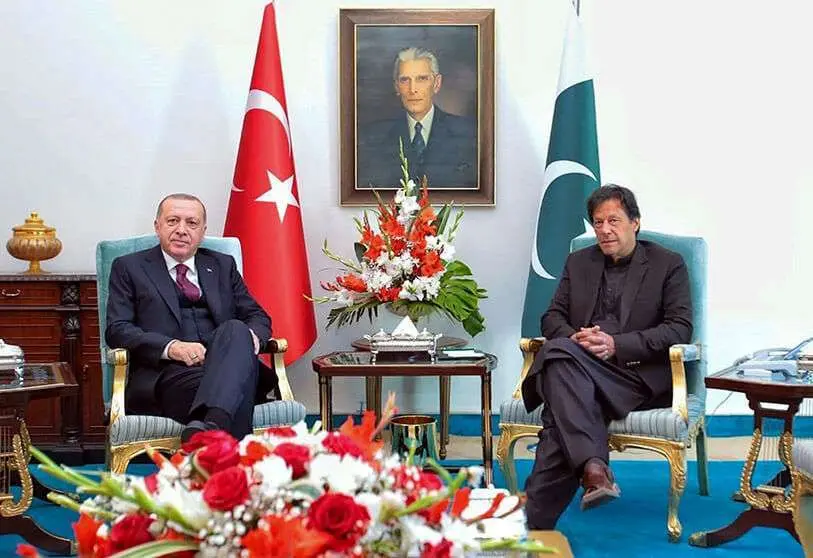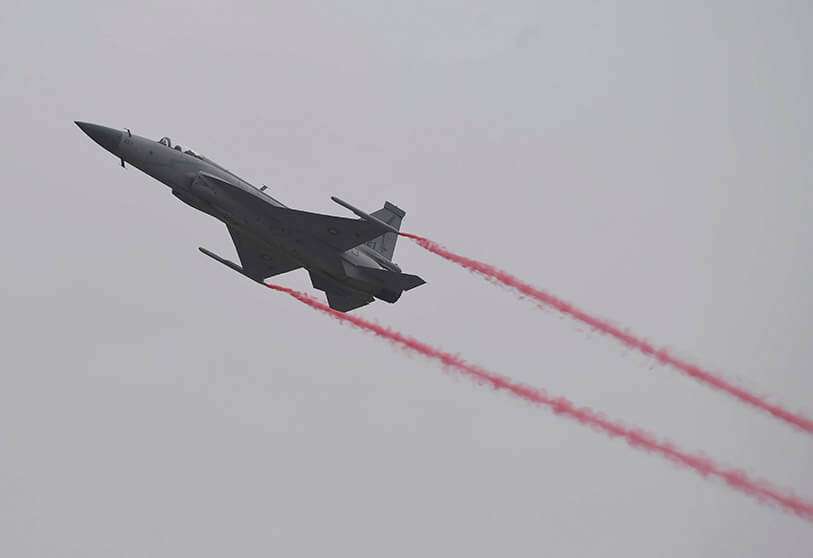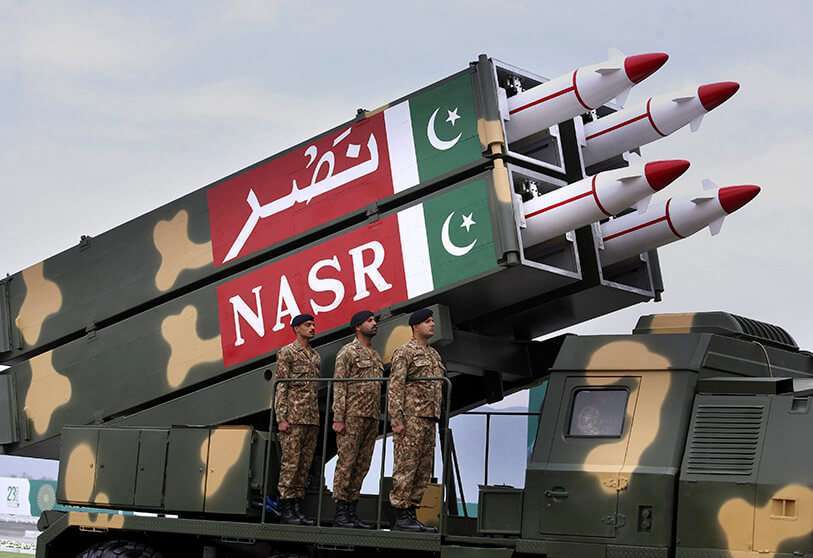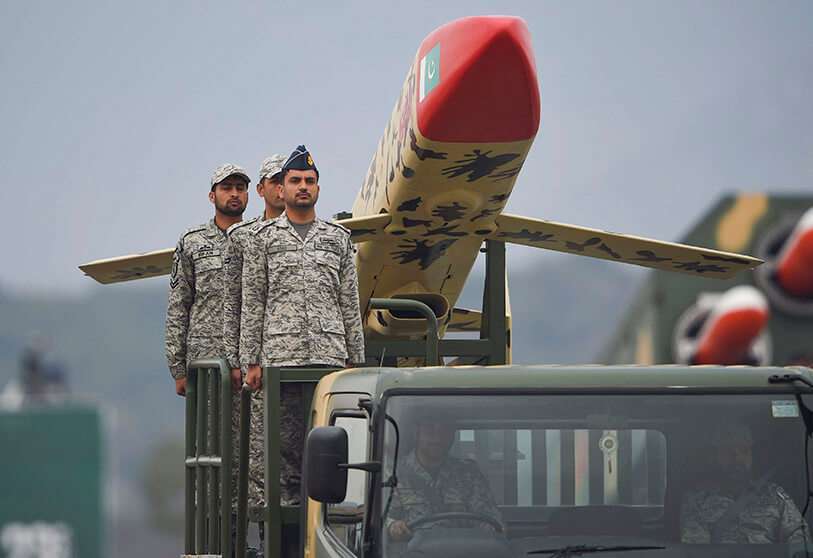Turkey negotiates military arms co-production with Pakistan

Ankara is pressing Islamabad for joint production of fighter jets and missiles. If the terms of the deal are met, Turkey would have access to Chinese military technology, as Pakistan cooperates with the Asian country in the production of JF-17 aircraft and even Shaheen ballistic missiles, according to Bloomberg.
Relations between Beijing and Islamabad are smooth. The two cooperate on health issues, in the wake of the COVID-19 crisis, and on geopolitical matters. They also cooperate on economic projects, as China is Pakistan's largest trading partner through the so-called Sino-Pakistan Economic Corridor (CPEC). However, one of the highlights of their bilateral relationship is military and arms cooperation.

An agreement between the two would bring Turkey, a leading NATO member, closer to some of the military technology developed by China. For this reason, Ankara holds Pakistan as a strategic ally and potential support for the construction of an ambitious defence project.
Turkey's goal is to produce Siper long-range anti-missile and TF-X fighter jets, but the parties have not reached an agreement pending China's position on the matter. The Chinese foreign ministry said in a statement on Tuesday that China "has always adopted a prudent and responsible attitude in exporting military products and strictly applies the laws and regulations on military export management".
Turkey and Pakistan are currently engaged in negotiations with the aim of cooperating on arms development. The last summit between the two dates back to January, when Pakistan's Chief of Air Force Staff Mujahid Anwar Khan visited Ankara to meet with senior Turkish military officials. Anwar Khan met separately with Turkish Defence Minister Hulusi Akar and Chief of General Staff General Yaşar Güler. He also met with the commander of the Turkish Air Force, General Hasan.

In December, Turkish and Pakistani delegations met in Ankara in the framework of the Pakistan-Turkey High Level Military Dialogue Group (HLMDG). This is the institutional mechanism linking the two states to establish policies and action plans to promote cooperation in the military field.
During the meeting, all avenues of cooperation in military training, counter-terrorism and military production and procurement were discussed. The two sides 'shared perspectives on the prevailing regional environment, including the Middle East, South Asia and Afghanistan', according to Pakistan's state-run APP news agency. Turkey and Pakistan thus have extensive defence cooperation, ranging from arms co-production and export to joint military exercises, such as operation 'ATATURK XI'.
Turkish President Recep Tayyip Erdogan has acknowledged a "very serious potential" for military cooperation with Pakistan. However, if the terms of the negotiation are met, the US would condemn Turkey's stance for reneging on its commitment to NATO.
Friction between Washington and Ankara has been constant. The US imposed a package of sanctions on Turkey last December over the deployment of Russia's S-400 missile defence system. Acquired a year earlier by the Turkish government, the S-400 posed a threat to the Atlantic alliance according to the US.
Turkish officials involved in the negotiations with Pakistan have acknowledged in a series of statements reported by Bloomberg that the rapprochement between Ankara and Islamabad responds to Erdogan's aspirations to turn Turkey into a hegemonic power.

Turkey's latest actions in the Middle East and North Africa are a clear example of Erdogan's aspirations. On the one hand, the Turkish army has focused its attacks on the Kurdish YPG militia on the Syrian chessboard. The main US ally in the fight against Daesh is considered by Ankara to be a partner of the Kurdistan Workers' Party (PKK), an organisation listed as a terrorist organisation by both the US and the EU, as well as Turkey.
Meanwhile, Ankara is trying to hinder the peace process in Libya. In the months leading up to the establishment of the transitional government, Erdogan insisted on sending military hardware to the UN-backed Government of National Accord to redirect the favourable position of Haftar's Libyan National Army troops.
The Turkish president responded this week to calls from the international community and Libyan actors to withdraw his troops from the country. Erdogan expressed his commitment to leave the country "when the rest of the foreign troops leave". According to last autumn's agreements, mercenaries and foreign troops present in Libya should have left the country by 23 January. The international community insists that this step is key to stabilising the situation and getting the new government up and running.








